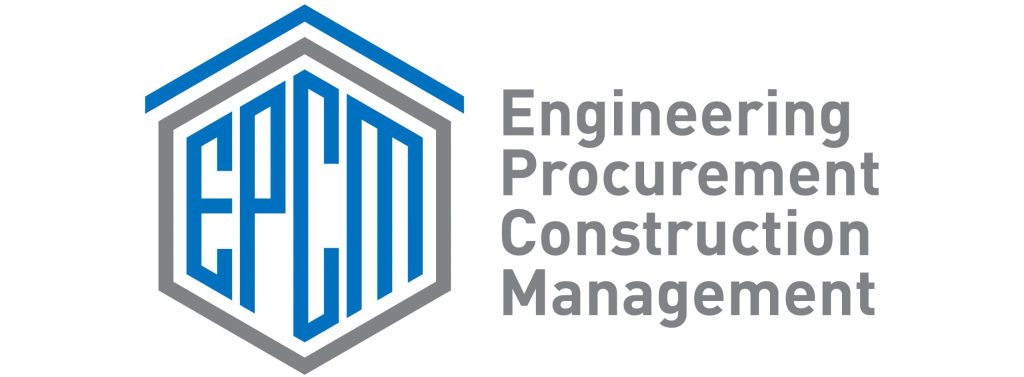EPC and EPCM are both common project delivery methods, but they have distinct differences in terms of responsibilities, risks, and contract structures. Here’s a breakdown:
EPC (Engineering, Procurement, and Construction)
- Scope: The contractor is responsible for the complete project, from design and engineering to procurement, construction, and commissioning. Essentially, they deliver a “turnkey” solution to the client.
- Responsibility: The EPC contractor assumes full responsibility for the project’s execution, including meeting performance guarantees and managing risks.
- Contract Structure: Typically a fixed-price or lump-sum contract, where the total project cost is agreed upon upfront.
- Advantages:
- Simplified management for the client with a single point of contact.
- Predictable cost and schedule.
- Reduced risk for the client as the contractor assumes most of the responsibility.
- Disadvantages:
- Less flexibility for the client to make changes during the project.
- Potential for higher upfront costs.
- Requires a well-defined project scope from the outset.
EPCM (Engineering, Procurement, and Construction Management)
- Scope: The contractor is responsible for the engineering and design, procurement of equipment and materials, and overall project management. They do not perform the actual construction work, which is typically contracted out to separate construction contractors.
- Responsibility: The EPCM contractor focuses on managing the project on behalf of the client, ensuring quality, cost control, and adherence to schedule. The client retains more control over the project.
- Contract Structure: Often a cost-plus or reimbursable contract, where the contractor is paid for actual costs plus a management fee.
- Advantages:
- Greater client control and flexibility to make changes.
- Potential for cost savings through competitive bidding for construction.
- More suitable for complex projects with evolving requirements.
- Disadvantages:
- Requires more client involvement and oversight.
- Less cost certainty due to the cost-plus nature of the contract.
- Potential for increased complexity in managing multiple contractors.
Here’s a table summarizing the key differences:
| Feature | EPC | EPCM |
|---|---|---|
| Scope | Full project delivery (turnkey) | Engineering, procurement, and management |
| Construction | Performed by the EPC contractor | Performed by separate contractors |
| Responsibility | Assumed by the EPC contractor | Shared between the EPCM contractor and the client |
| Contract Structure | Fixed-price or lump-sum | Cost-plus or reimbursable |
| Risk | Primarily with the EPC contractor | Shared between the EPCM contractor and the client |
| Client Control | Less | More |
| Flexibility | Less | More |
| Cost Certainty | Higher | Lower |
Export to Sheets
Choosing the right contract type depends on various factors:
- Project complexity: EPCM is often preferred for complex projects with potential for changes.
- Client experience: EPC may be suitable for clients with less project management experience.
- Risk tolerance: EPC shifts more risk to the contractor, while EPCM involves shared risk.
- Budget constraints: EPC offers more cost predictability, while EPCM may allow for cost optimization.
Ultimately, the choice between EPC and EPCM depends on the specific needs and priorities of the project and the client.
Contact EPCMst with any questions.

